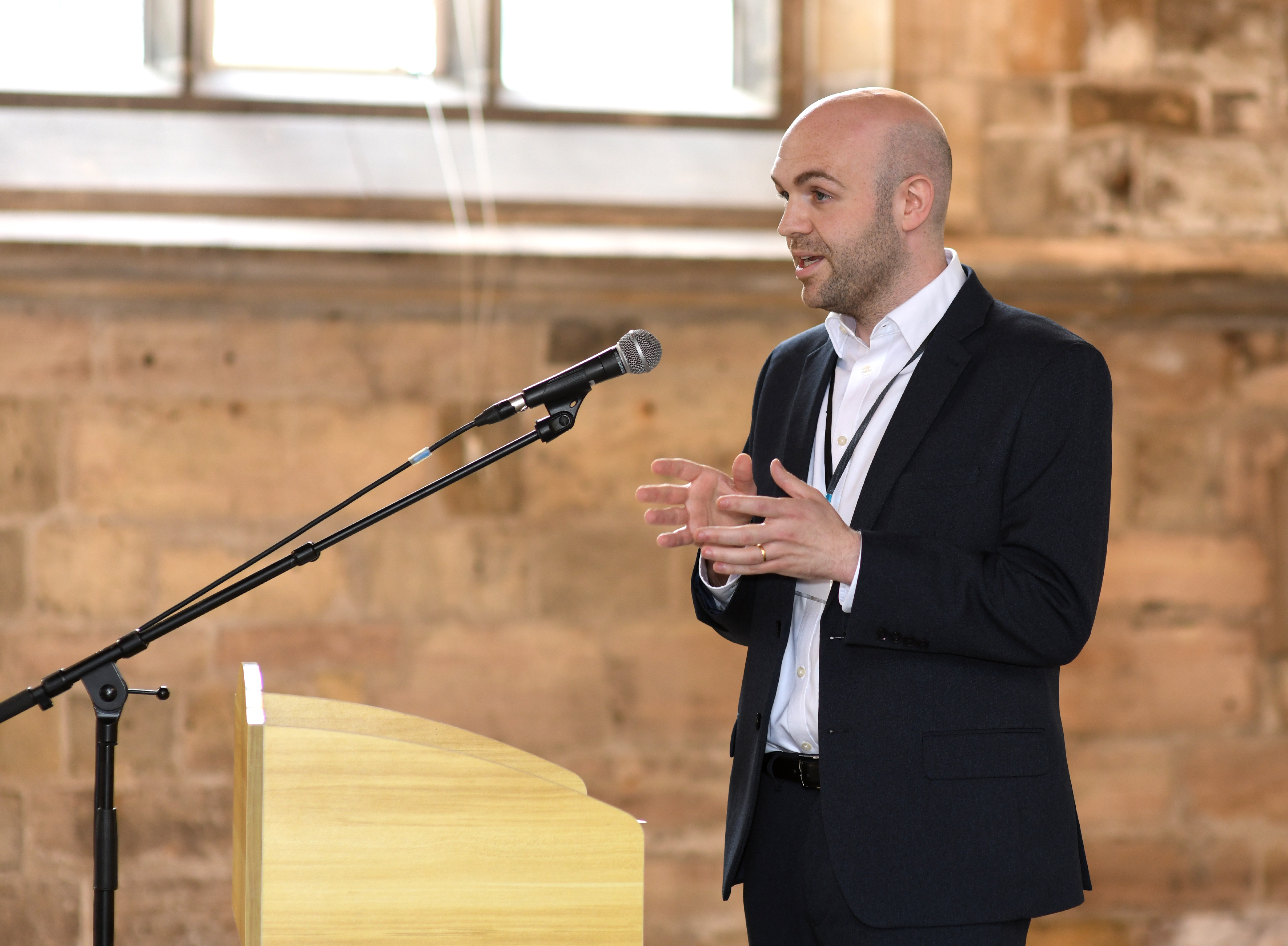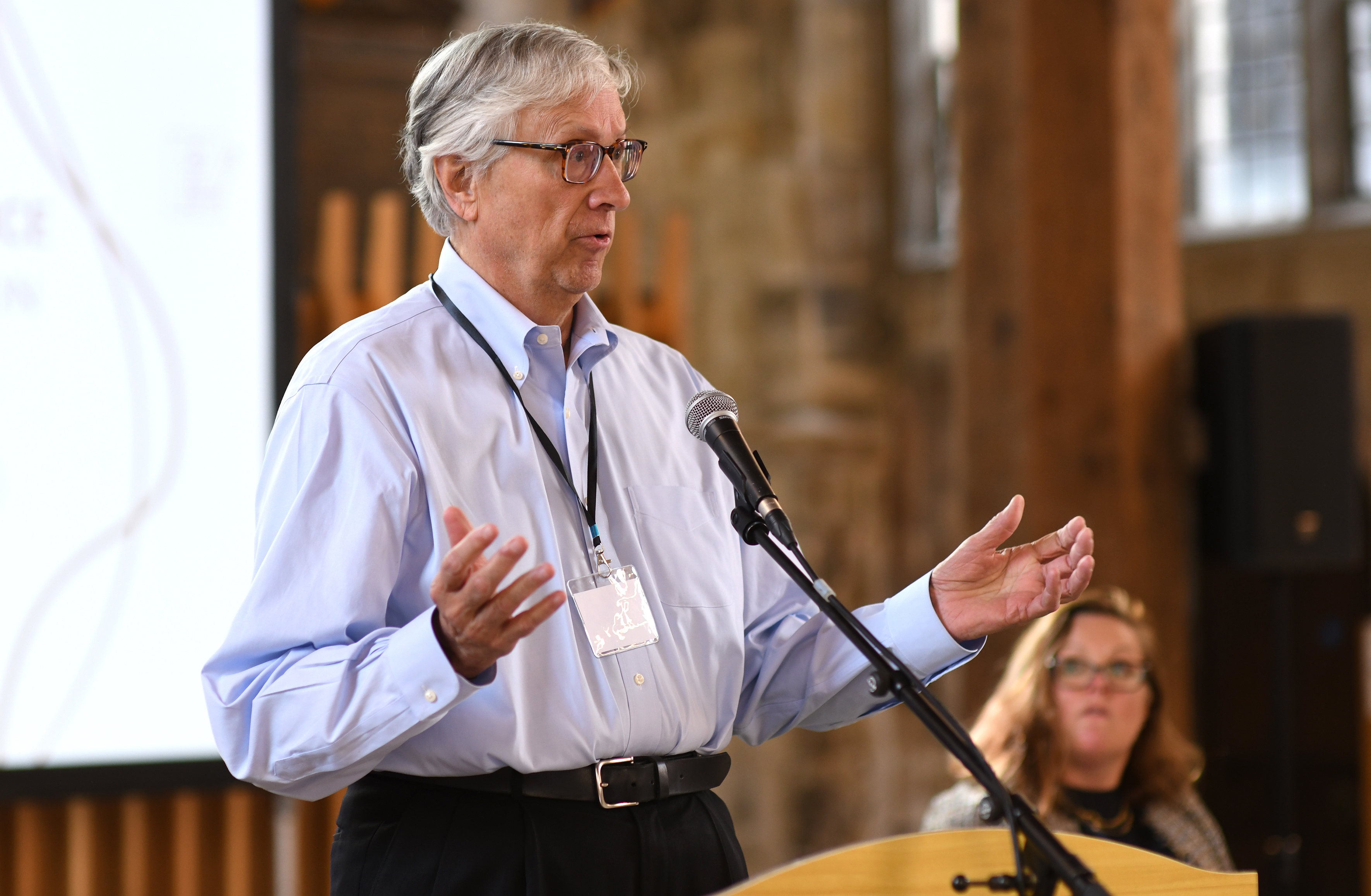Administrative Fairness Lab host policy and research conference
Posted on Thursday 1 May 2025

The conference brought together a diverse audience comprised of around 60 researchers, officials, charity representatives, industry representatives, and others to explore the theme of "Law and Fair Process in the Transformation of Public Services."
The event which was introduced by the Administrative Fairness Lab director, Prof Joe Tomlinson, included a series of panels featuring presentations which focused on different ways in which law and fair process might shape how UK public sector organisations respond effectively to the challenges facing them, and society, in the coming years.
The opening keynote panel was hosted by Sir Ernest Ryder, Master of Pembroke College, Oxford, former Senior President of Tribunals and Lord Justice of Appeal. The panel focused on key challenges for law in the changing public sector, including the use of algorithms to make or assist in decision making and the growing use of guidance, and the role and potential of ombuds.
Following this, three other thematic panels covered:
- implementing AI fairly, effectively, and lawfully;
- the future of public-state interactions in frontline services; and
- the role of law and process in enabling the development of public infrastructure.
A packed day of engaging panel discussion and audience collaboration was closed with a keynote from Professor Tom Tyler, Macklin Fleming Professor Emeritus of Law at Yale University, and Founding Director of The Justice Collaboratory (pictured below).

Prof Tyler reflected on some of the key points that had emerged during the panels and engaged with the clashing forces of digitalisation and declining trust in public services contributing to growing alienation. He also commented on how people’s reactions to government are shaped, and the implications of interactions between individuals and government.
Speaking about the conference Prof Tomlinson, said: “The conference was a welcome opportunity to bring together people from a wide range sectors and fields to discuss the role of law and process in the transformation of the public sector. This was a broad and ambitious agenda, which focused on difficult thinking on emerging challenges, exploring how to improve complex systems while ensuring that the views of the public are always taken seriously and that these systems remain human at their core.
“A huge thanks to all our panellists and contributors, and to all those who attended.”
The conference was funded by Research England, and held as part of the Administrative Fairness Lab’s Law and Process policy group. The group was set up in collaboration with The York Policy Engine (TYPE) who set up three new policy research groups in 2024.
The Law and Process group seeks to address questions presented by the new Labour government at the intersection of law, process, and policy, exploring existing and emerging complex law and process challenges.
